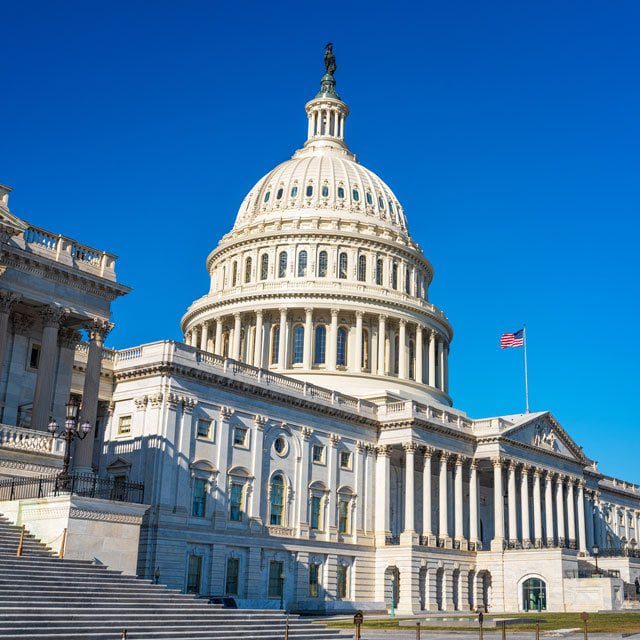Spending Deal Would Keep Social Security Budget Flat

The $1.66 trillion government spending bill that took shape over the weekend would likely result in flat funding for the Social Security Administration, if it holds, according to Maria Freese, senior legislative representative at the National Committee to Preserve Social Security and Medicare.
While there is no omnibus spending bill yet, the deal — which sets out $886 billion for defense and $733 billion for non-defense spending for fiscal 2024 — “would effectively keep domestic spending at 2023 levels, along the lines of the deal to keep the federal government from defaulting last year,” Freese told ThinkAdvisor on Monday.
Social Security actually needs “a boost in their budget in order to properly serve customers,” Feese said, “so flat-funding for SSA would result in deteriorating customer service, which is already problematic.”
New Social Security Commissioner Martin O’Malley “would have to find a way to do more with less,” according to Freese.
Senate Majority Leader Chuck Schumer, D-N.Y., said Sunday in a statement that the bipartisan topline appropriations agreement struck with House Speaker Mike Johnson, R-La., “clears the way for Congress to act over the next few weeks in order to maintain important funding priorities for the American people and avoid a government shutdown.”
By keeping the budget cuts for the Internal Revenue Service at $20 billion, Schumer said that he’s ”happy to say this agreement will not affect the IRS’s ability to keep holding the richest tax cheats accountable.”
Schumer added that “we have made clear to Speaker Mike Johnson that Democrats will not support including poison pill policy changes in any of the twelve appropriations bills put before the Congress.”
Raymond James analysts added Sunday in their Washington Policy newsletter briefing that “these are ‘top line’ numbers and Congress will still need to draft the legislation before a vote can occur.”




